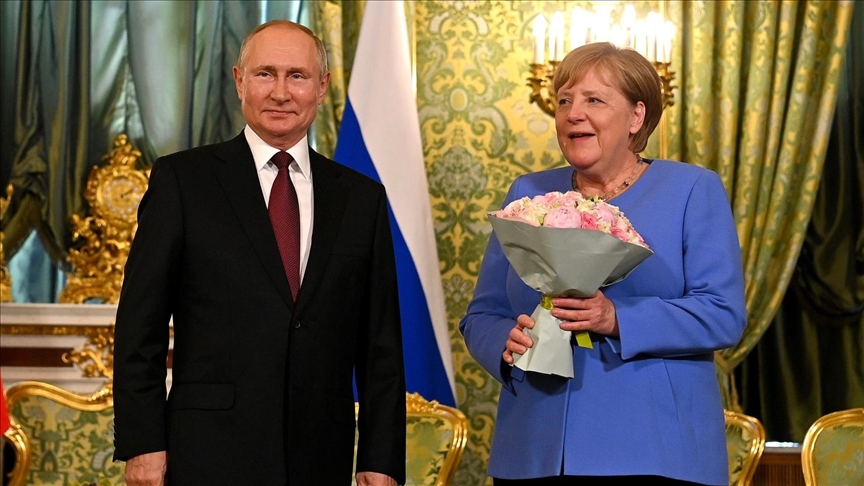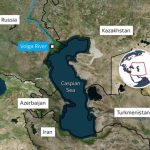Former German Chancellor Angela Merkel has defended her administration’s approach to relations with Russia and her past decisions regarding the migration crisis as she navigates her political legacy in light of current geopolitical tensions.
In an interview, Merkel spoke about her government’s gas deals with Russia, asserting that they were intended to support German businesses and maintain peace with Moscow. She also stated that the war in Ukraine would have likely escalated sooner had she not blocked Ukraine’s NATO membership in 2008, emphasizing that if Ukraine had pursued that path, Putin would not have allowed it without pushback.
Merkel’s government provided critical support to Ukrainians during her tenure, but she now faces scrutiny regarding recent allegations that ties with Russia and past migration policies have contributed to current crises.
The recent rise of the far-right Alternative for Germany (AfD) party is a point of contention. Merkel’s 2015 decision to welcome over a million asylum seekers has been celebrated by some as courageous, while critics argue it empowered the far-right movement. Despite acknowledging the AfD’s gains, she defended her choices as necessary, stating that addressing illegal migration is essential to counteract far-right sentiments.
As Europe grapples with sluggish economies and heightened tensions with Russia and China, Merkel shared insights on managing confrontations, advising current leaders to clearly articulate their priorities and stand firm against any intimidation from figures like Trump, who has historically expressed discontent with European defense spending and trade deficits.
Merkel emphasized the importance of mutual respect in international relations, drawing from her own experiences while in office. Despite her involvement, she expressed little desire to return to the political spotlight, stating, “No, not at all,” when asked if she missed the power and responsibilities of leadership.
As geopolitical dynamics shift, Merkel’s legacy continues to influence discussions on managing relations with Russia, the ongoing war in Ukraine, and the growing challenges surrounding migration within Europe.
Credit: BBC News




